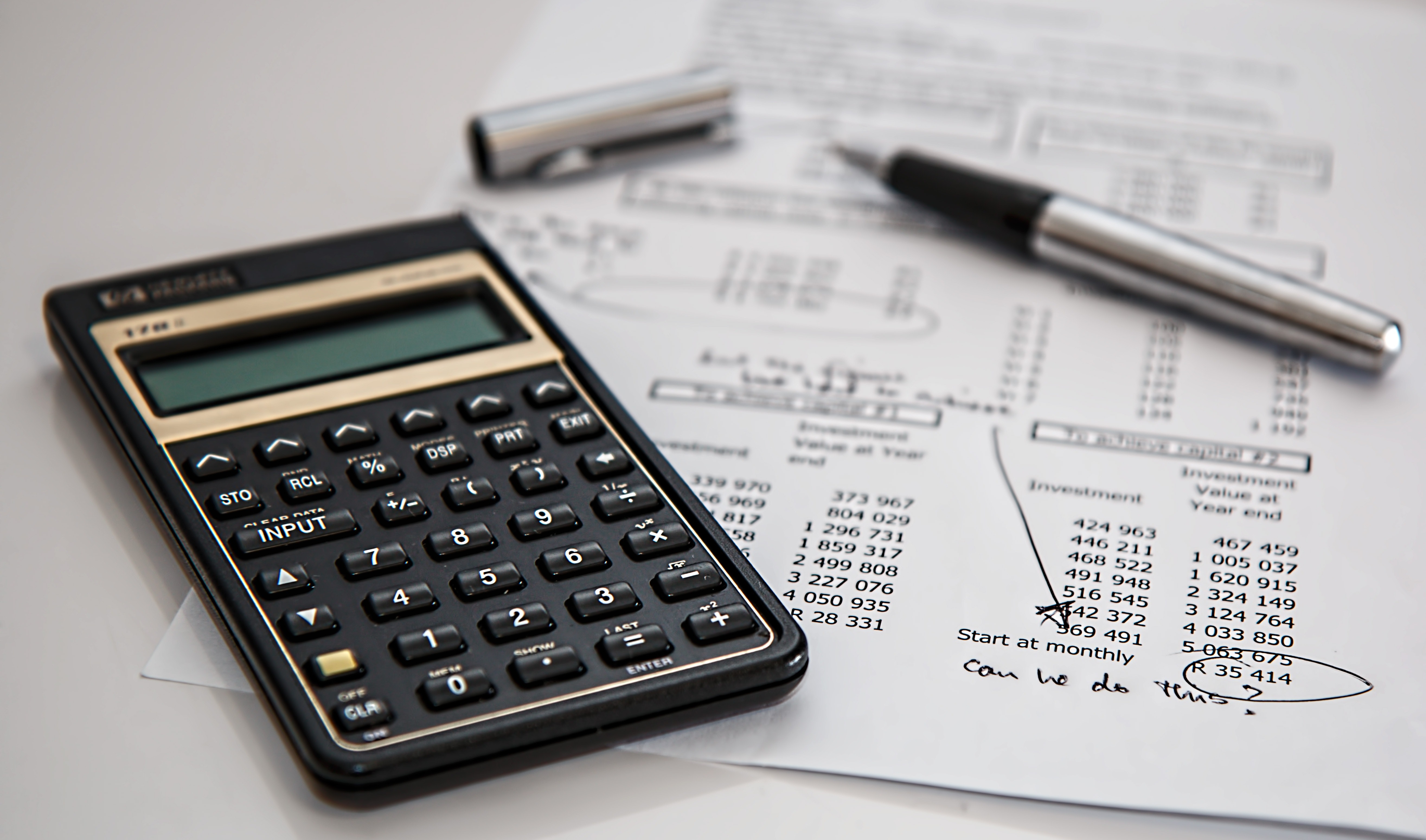As you look into tools to borrow money to grow your business, you might consider business financing options such as lines of credit, loans, and credit cards. Business loans are straightforward to understand but you might have questions about the difference between a line of credit and a credit card.
In this article we will touch on what the difference between a line of credit and a credit card is.
Key Differences of a Line of Credit and Credit Card
The difference is that a line of credit lets you borrow money against a revolving credit line, while a credit card lets you make purchases that you then pay back. Both credit cards and lines of credit can be either secured or unsecured, depending on your credit scores and qualifications. Credit cards may offer reward programs that lines of credit do not.
Credit cards have higher interest rates as well as fees for cash advances and lines of credit offer a fixed interest rate.
Choosing Between a Line of Credit or a Credit Card
In order to decide between a line of credit or a credit card, you need to determine what your needs are. Are you looking for a credit limit so you can access money as you need for expenses? Or do you need a method to purchase equipment or office supplies?
You will also need to take a look at your credit. If you have solid credit scores, you might get approved for an unsecured loan or line of credit. If your credit score is poor, you might only be able to get a secured credit card until you prove your ability to pay your bills on time and build your credit history.
When to Use a Credit Card
A business credit card gives you a revolving line of credit that you can access with a card. Depending on what you qualify for, you can get an unsecured or secured credit card. To get the credit card, you need to have a decent credit score or else you will be asked to provide collateral. Over time, if you keep your repayments on or before the due date, you may be able to qualify for an unsecured credit card.
Credit cards are best for expenses that you do not need cash to pay for. They also come with extra perks such as you can earn points on purchases that you can redeem for cash back, travel expenses, and more.
Does a Credit Card Affect Your Credit Score?
Just like SBA loans, merchant cash advance loans, or most other types of financial vehicles, any credit card debt you take on will impact your credit scores. While having more credit gives you a better debt-to-income ratio, the key is making sure you pay your monthly credit card bill on time and in full when you can.
Make sure you make your payments on time. If you make late repayments of your credit card, it will cause your credit score to go down and can cause you to rack up late payment fees.
When to Use a Line of Credit
With a line of credit, you are approved for a maximum credit limit that you can borrow against. There are both unsecured and secured lines of credit, depending on your credit scores and other qualifying factors. With a secured line, you may be asked to provide collateral or even cash down against the line of credit.
A line of credit works best when you are not sure how much money you need for a project or in working capital over time. You could use it to move into bigger office space, place a larger order for inventory, or hire employees. A line of credit is great for keeping cash flow steady.
Does a Line of Credit Affect Your Credit Score?
Just like credit cards, invoice financing, or cash flow loans can impact your credit score and so can your line of credit. Having a positive credit history can affect your credit limit. Making payments on time will increase your credit scores and lenders might decide to increase your credit limit because you have shown you are a responsible borrower.











